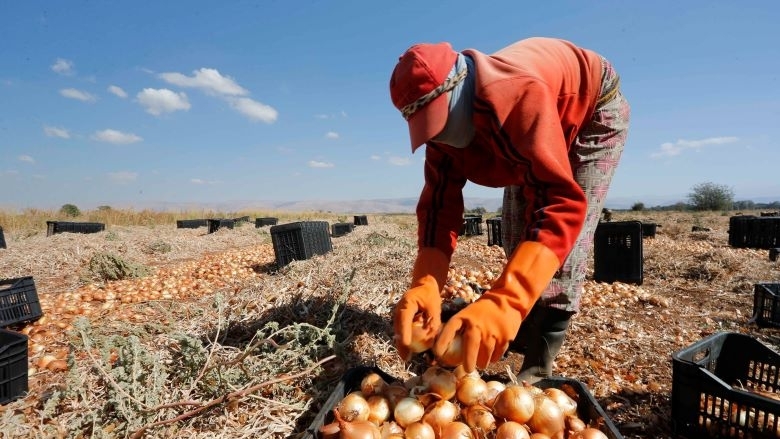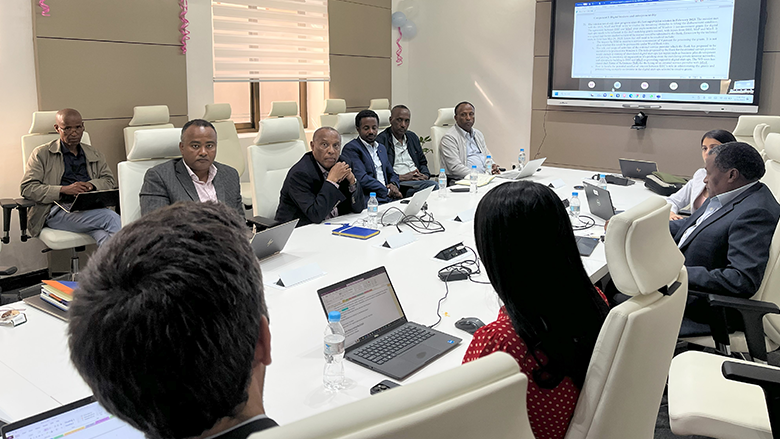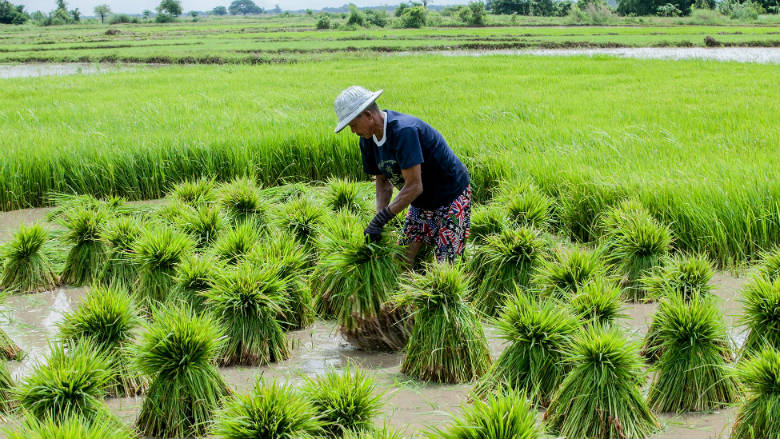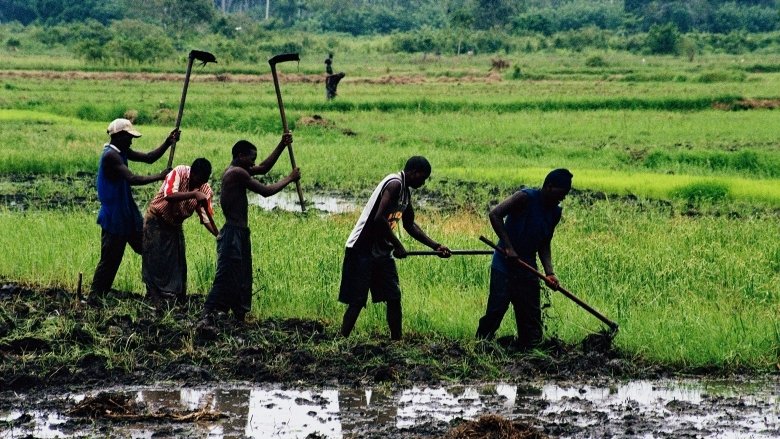Living Standards Measurement Study
Select a EDS Sub navigation page selecting option, leaving this page
- Home
- About LSMS
- Data
- Survey Methods
- Publications
- Training
- C4D2
- News
Working Papers
-
CLARE : A Causal Machine Learning Approach to Resilience Estimation
-
Who Benefits from Public Spending on Health Care ? Longitudinal Evidence from Ethiopia
-
Using Household Surveys and Specialized Enterprise Surveys to Measure Informal Enterprises
-
Dynamic, High-Resolution Wealth Measurement in Data-Scarce Environments
-
Displaced Learners : Early Integration of Ukrainian Refugee Students into Italy’s Schools
-
Improving the Quality of Survey Estimates from Longitudinal Studies: An Application to LSMS Panel Surveys
-
The Mismeasure of Weather : Using Remotely Sensed Earth Observation Data in Economic Contexts
-
Climate Immobility Traps : A Household-Level Test

-
Coping or Hoping ? Livelihood Diversification and Food Insecurity in the COVID-19 Pandemic
-
Better Tracking SDG Progress with Fewer Resources? A Call for More Innovative Data Uses
-
Breadwinners and caregivers: Examining the global relationship between gender norms and economic behavior
-
Economic inequalities in adolescents’ internalising symptoms: longitudinal evidence from eight countries
-
Yielding Insights : Machine Learning-Driven Imputations to Filling Agricultural Data Gaps
-
Poverty Imputation in Contexts Without Consumption Data: A Revisit With Further Refinements
-
Usus Fructus: Taking Account of Property Use Rights in Household Wealth Measurement
-
Individual Wealth Inequality: Measurement and Evidence from Low- and Middle-Income Countries
-
Fertilizer Price Shocks in Smallholder Agriculture : Cross-Country Evidence from High-Frequency Phone Surveys in Sub-Saharan Africa
-
Using paradata to assess respondent burden and interviewer effects in household surveys: Evidence from low- and middle-income countries
-
Household Business Performance in Ghana : The Role of Personality Traits and Gender Role Attitudes
-
Never Too Young to Dream Big: Measuring Youth Aspirations in the Time of the COVID-19 Pandemic

-
Making Time Count: A Machine Learning Approach to Predict Time Use in Low-Income Countries from Physical Activity Tracking Data
-
Crop yields fail to rise in smallholder farming systems in sub-Saharan Africa
-
Attenuating measurement errors in agricultural productivity analysis by combining objective and self-reported survey data
-
Closing the Gaps: The Role of Screening Questions and Self-Reporting in Measuring Women’s and Youths’ Employment and Work
-
Food security and poverty reduction effects of agricultural technologies adoption − a multinomial endogenous switching regression application in rural Zimbabwe
-
Digital financial services and livelihood diversification in rural Ghana
-
Does Unequal Tax Burden Contribute to Women-Owned Businesses Leaving the Tax Net ?
-
Are Unit Values Reliable Proxies for Prices? Implications of Better Price Data for Household Consumption Measurement in a Low-Income Context
-
Breadwinners and Caregivers: Examining the Global Relationship between Gender Norms and Economic Behavior

-
Recording the Time Divide : A Comparative Study of Smartphone- and Recall-Based Approaches to Time Use Measurement
-
Presumptive Tax on Small and Microenterprises with a Gender Lens in Ethiopia
-
Labor Market Participation and Employment Choice in Ghana : Do Individual Personality Traits and Gender Role Attitudes Matter
-
The Impacts of Disasters on African Agriculture: New Evidence from Micro-Data






























